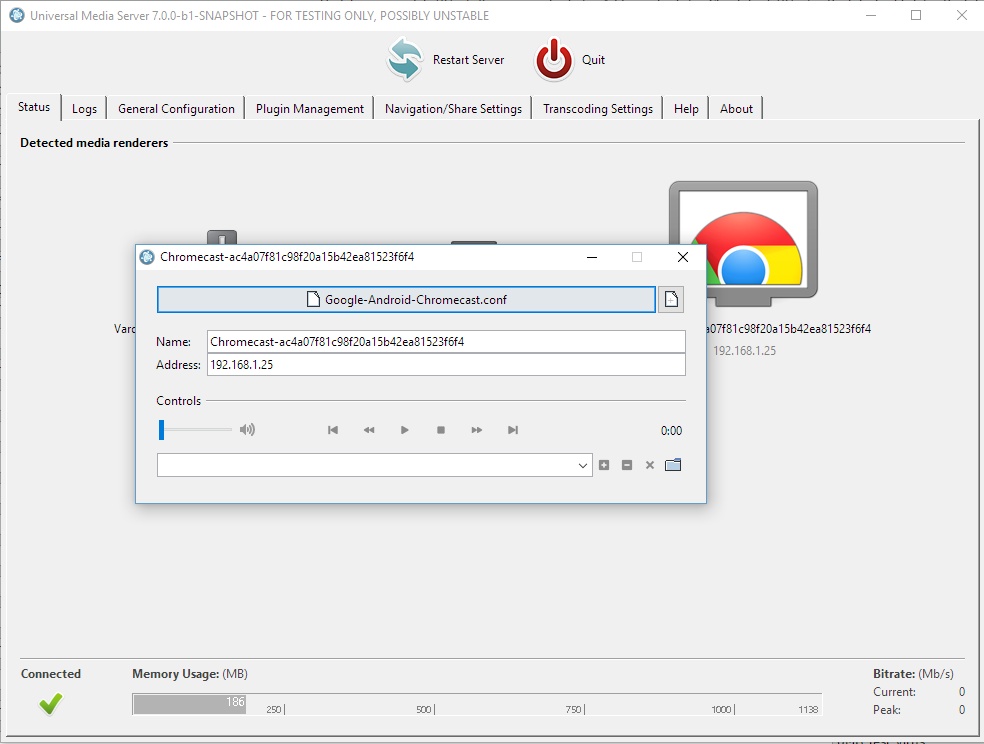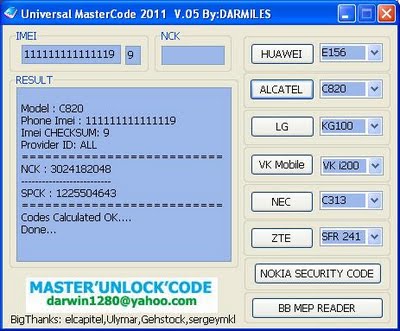

In Universal Analytics, IP-address anonymization is opt in, and is implemented as described in the "In depth" section below. Geographic dimensions are later derived from anonymized IP addresses.
#DOWNLOAD ANONYMIZER UNIVERSAL SOFTWARE FULL#
The full IP address is never written to disk in this case. The IP-anonymization feature in Universal Analytics sets the last octet of IPv4 user IP addresses and the last 80 bits of IPv6 addresses to zeros in memory shortly after being sent to Google Analytics. When a customer of Universal Analytics requests IP-address anonymization, Analytics anonymizes the address as soon as technically feasible. Since you don't have a program, which you can just run.In Google Analytics 4, IP anonymization is not necessary since IP addresses are not logged or stored. I think it might be also a good idea to use another tool to do the anonymization - take a look at this open source tool ARX – Data Anonymization Toolĭownside of an external GUI tool like this would be, that it is probably not a good idea, if you plan to create the anonymized datasets more than just once. product_id would only be in one column) and then splitting to two datasets again. But you might be able to circumvent this by joining tables then using a anonymization function (this way e.g. I don't think they have something for the referential integrity part. You could also take a look at the sdcMicro package in R. I would really try to go with a existing solution. Which needs to be done very carefully, because it is quite easy to miss something while ensuring referential integrity, avoiding collusions and preventing re-identification). Would probably require you to write some more code. Yes, but not in a nice way with the hashing based solutions outlined above. For example SSN is 9 digits and I want to replace it another number of 9 digits only. But at least for product ids I don't really see the benefit.Īddition from, can we somehow replace numeric values with numbers only. How do you mean this? Do you want your values masked by numerical values ? (for this you could in R convert the string in a numerical value). The other package I thought off was anonymizer however it looks like it treats only a few columns as sensitive and it converts numbers to alphanumeric while masking. (it is not actively maintained - but functionality seems to be ok)Īs you the last hash of testdata$t1 and testdata$t2 is the same, because it is both times 9. Overall I think using the anonymizer package seems ok. This means two numbers/ids in the same table actually having the same hash. If you have quite a lot of data - there is some chance of hash collisions. In CRC32 everything will be mapped to a 8chars alphanumeric (32bit). Which is what you need.īut just to be sure I would use SHA256 instead of CRC32.

So the Product_ID would stay the same for all your tables. 211 will be always be af9fad5f as a CRC32 hash - this is static and there is no random effect to it. (this salt must of course be kept secret!) This basically means everybody could just look up the "clear text" behind the crc32 hashes. The bad thing is, most short words/ hashes are already precalculated and easy to look up in what is called a rainbow table (e.g. The good thing with hashes is you can not easily calculate back starting from af9fad5f to 211. If the person you share your data with sees this 8char(32bit) alphanumeric string it probably will assume that this might be a CRC32 hash. The article also mentions (but it is not in the code) you probably at least want to add a salt.Ī number like 211 will be af9fad5f as a CRC32 hash. There are two things that seem important for youįor both of your requirements that solution from the blog article you linked is a bad choice. Throw createError(error.statusCode, error.errorMessage, error) Įxport const anonymizerHandler = middy(anonymizer) seed = 1)Īnonymizer::anonymize(testdata$t2. Devtools::install_github("paulhendricks/anonymizer")


 0 kommentar(er)
0 kommentar(er)
